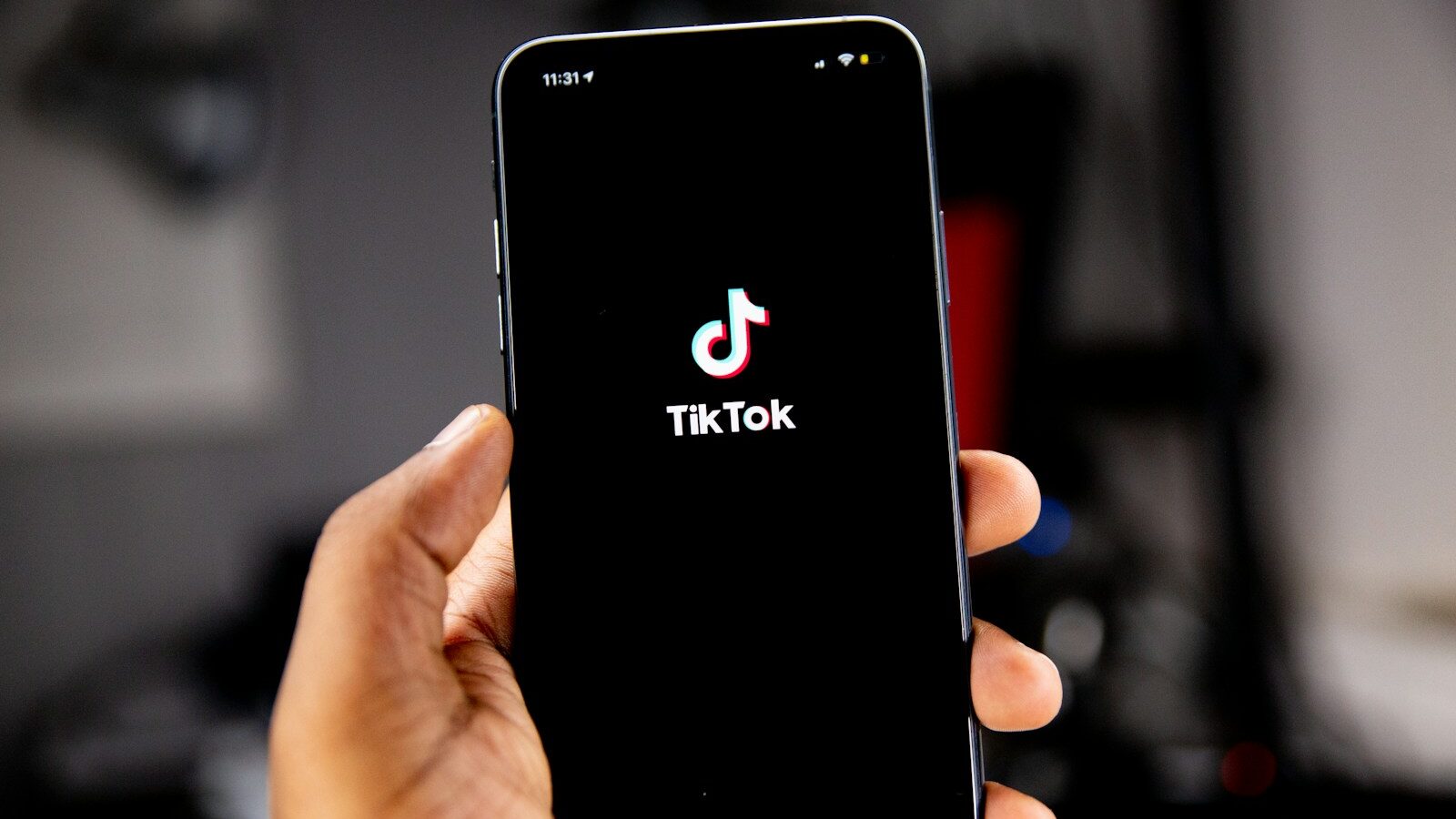Let’s celebrate OCD Awareness Week as OCD is such a brilliant disorder to have. It means you’re neat, clean and organised. Polish your desks, check your work for typos and stand in order of who loves the disorder the most to show we’re all “a little bit OCD”. It will be the quiet ones at the back of the line who are the genuine sufferers. They are living the nightmare, but can’t tell anyone about it.
Mocking people’s misunderstanding of OCD may be unfair, as unless you have experienced or witnessed the disorder in full flow, you will not know the devastation it can cause. But if the Daily Mail and Guardian can challenge the trivialising of this debilitating disorder, the sufferers and uninformed can come together to make your organisation an OCD-friendly workplace.
The big secret is that OCD turns your brain into your enemy. You may be a hoarder, cleaner, checker or ruminator, with overt or covert compulsions to relieve the anxiety of the obsession. Unfortunately, carrying out the compulsions just makes the obsession stronger and then you’re trapped. The obsession is the poison, the compulsion is the fake antidote, and together they besiege your mind 24/7.
OCD-UK’s OCD Cycle illustration offers a visual way to think of OCD. As obsessions often revolve around taboo subjects such as sex, violence, contamination, disease, death and religion, you can understand why people do not disclose their condition at work, depending on Doctor Google, charities, online forums and distressed loved ones for diagnosis and support. Take a look at the different types of obsessions that OCD sufferers may experience here.
What is an OCD-friendly workplace?
Most organisations are committed to embedding health and wellbeing in the workplace and challenging the mental health stigma by creating a culture that encourages you to talk about any mental health issues you may have, whilst equipping your manager to respond.
The difficulty with OCD is that sufferers are aware that their fears are irrational and will go to extreme lengths to block and resist them. If they talk about their illness, it suddenly becomes real, meaning they have to manage the condition and the impact it could have on their reputation and career.
But you have to fight back to get your life back. Don’t let OCD bully you out of the workplace. You may be a high-functioning OCD sufferer who keeps your disorder hidden in the office, and says “I’m fine” when your coping strategy starts to fail.
Or you may be on a long-term absence with depression because your OCD is winning the battle. Whatever stage you’re at, you can seek help at work and not be judged and discriminated against.
If you decide to declare your OCD to your employer, OCD-UK’s ice breaker can help you have this difficult discussion with your manager, mental health first aider or occupational health. You do not have to go into detail about your OCD, just enough information to let them help you keep your life on track and stay in or return to work. See MIND guidance on telling your employer about your OCD.
Stop the cycle of fear
OCD feeds on what if fears, creating a vicious cycle of doubt that you cannot stop until you realise they are meaningless thoughts and you don’t have to carry out the compulsions to prove it.
What if your workforce unites to challenge the OCD stigma and help people who are suffering? It could make a big difference.
So who’s a little bit OCD now?








